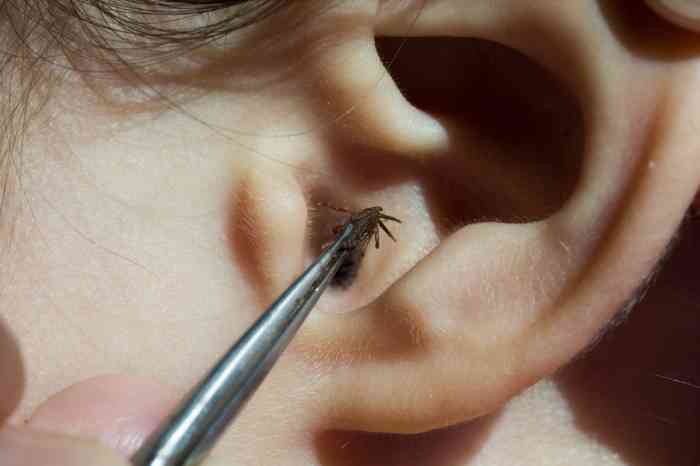
Are your hearing aids making your ears itch? If so, there’s no need to worry; itchy ears are a fairly common issue, particularly among first-time hearing aid wearers. The skin of the ear canal is quite delicate and can be extremely sensitive even to mild irritations, which can make it difficult to get used to the feeling of your hearing aid.
If you suspect your hearing aid is causing discomfort and are wondering how to help itchy ears, there are some steps you can take to alleviate the problem.
As you consider how to stop the ear from being itchy, keep in mind that the first step is identifying the cause. While new hearing aids can cause itchy ears when you are acclimating to them, it is best to ensure that something else isn’t causing the problem. Skin problems, such as eczema or too dry of ears, can also lead to itching - which is then aggravated, but not caused by your hearing aid.
Remedies for itchy ears vary according to the causes. In general, for the different types of itching, it is possible to apply capsaicin-based creams, a substance capable of numbing the nerve endings, or moisturizing creams, particularly those including starch glycerol. In the event of an allergic reaction, it is advisable to contact a doctor, who, after careful analysis, may prescribe the most suitable antihistamine.
Following are various treatment options based on the area experiencing irritation:
- Itchy outer ear: Try a skin ointment. Strong moisturizing, light cortisone ointments or creams against skin fungus can help. It’s best to seek the advice of a doctor or pharmacist to find the most effective skin ointment for your condition.
- Itchy ear canal: Ear ointments for itching and ear drops, sometimes including antibiotics, can be prescribed for an ear canal infection. However, antibiotics only make sense if there is a strong bacterial infestation. In milder cases, home remedies can also help.
- Itchy inner ear: Itchy inner ears are often the result of inflammation in the mucous membrane of the throat. Throat drops and nasal spray can help treat viruses in the nose and throat area.















